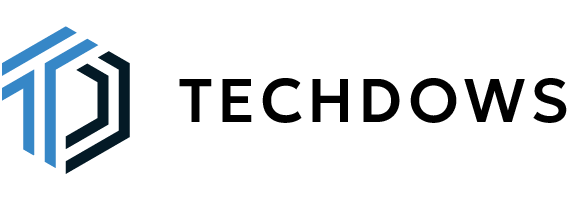
Modern computing environments see a proliferation of autonomous AI agents that can take independent actions and make decisions. These agents range from simple task automation scripts to sophisticated systems capable of complex problem-solving. While beneficial, these agents strain traditional operating systems. Current OS designs often struggle with flexible resource allocation, coordination among multiple agents, and maintaining a consistent understanding of diverse tasks or workflows. These limitations hinder the true potential of AI-powered automation and collaboration.
The power of large language models (LLMs) opens up new possibilities. LLMs, trained on massive datasets of text and code, excel at natural language understanding, reasoning, and code generation. These abilities make LLMs uniquely suited to understanding the complexities of agent interactions and their diverse requirements.
AIOS, the pioneering research project from Rutgers University, reimagines the concept of an operating system. In AIOS, a large language model forms the central intelligence of the system. This LLM serves as the “brain” of the OS, responsible for overseeing agents, allocating resources judiciously, and ensuring smooth contextual understanding across tasks.
The LLM Kernel: Foundation for Intelligence
The decision to utilize an LLM as the operating system’s kernel is the core innovation of AIOS. The LLM provides a flexible and adaptable intelligence layer. It can understand and reason about different agent requests, prioritize tasks and allocate computing resources (CPU, memory, network) according to changing needs and priorities.
Seamless Agent Integration: AIOS as a Collaborative Hub
A key strength of AIOS is its ability to accommodate a variety of AI agents. The system provides a standardized interface for agents to communicate their requirements and actions. This interface leverages the LLM’s ability to understand natural language and code notations, making it easier for agents to interact with the OS.
Context is King: AIOS’s Unparalleled Understanding
AIOS excels in managing and switching contexts across diverse agent tasks. LLMs are adept at tracking the state and goals of multiple agents working in tandem or pursuing independent tasks. This means the system can ensure consistency and reduce the chances of conflicting actions among agents.
Efficiency Through Intelligence: Dynamic Resource Allocation
The LLM in AIOS analyzes agent requirements and resource usage patterns in real time. This allows it to allocate resources to maximize overall efficiency and performance within the computing environment.
The Power of Collaboration: Enhanced Agent Coordination
AIOS fosters a level of agent collaboration that is challenging to achieve in traditional systems. The LLM facilitates communication, information sharing, and task coordination among diverse agents, creating a synergy that benefits complex problem-solving scenarios.
AIOS intends to provide developers with tools and libraries that leverage the power of the LLM. This empowers them to create new AI agents easily. The development environment simplifies interactions with the OS and streamlines the process of integrating agents into the AIOS ecosystem.
Applications and the Future Landscape
Potential use cases for AIOS are expansive, from everyday computing to cutting-edge research:
- Smart Homes Reimagined: AIOS coordinates smart devices, optimizes energy use, and creates highly personalized home environments.
- The Future of Robotics: AIOS managing swarms of robots in warehouses, factories, or disaster response scenarios.
- Scientific Advancement Accelerator: AIOS assists researchers through data analysis, experimental design, and knowledge synthesis.
AIOS, with its LLM-powered intelligence, represents a paradigm shift in operating system design. By addressing the challenges of managing complex AI agents, AIOS promises to unlock new levels of efficiency, collaboration, and innovation across diverse applications. AIOS has the potential to redefine how we interact with computers and intelligent systems, opening up groundbreaking possibilities for both individuals and organizations. The work of Rutgers researchers on AIOS lays a strong foundation for the future of operating systems in an era dominated by intelligent, autonomous agents.
